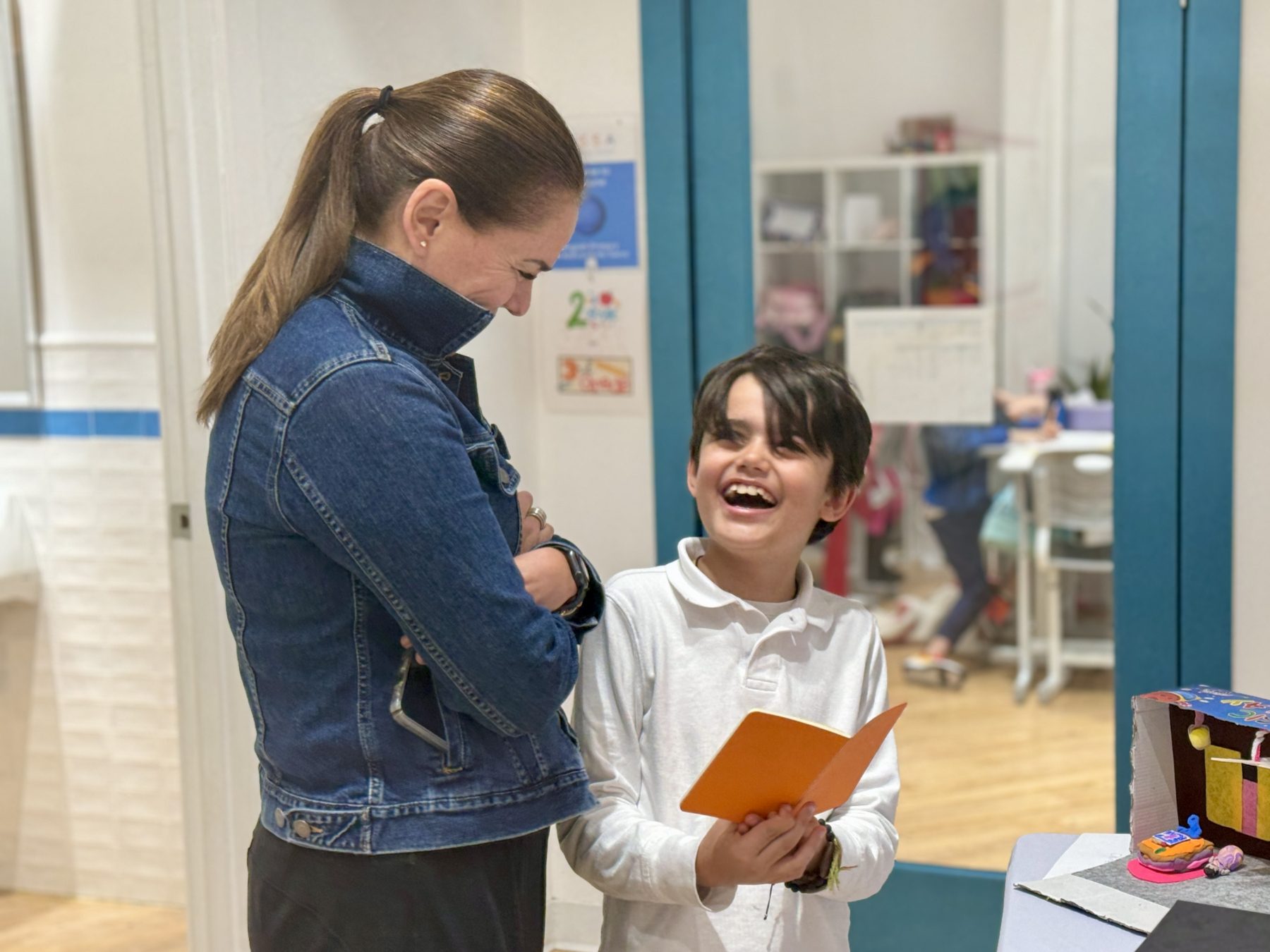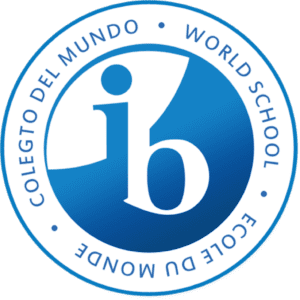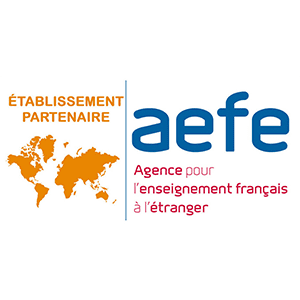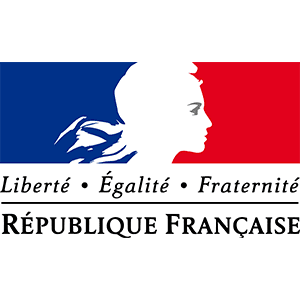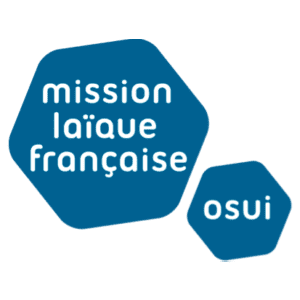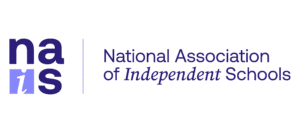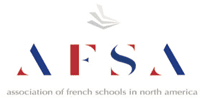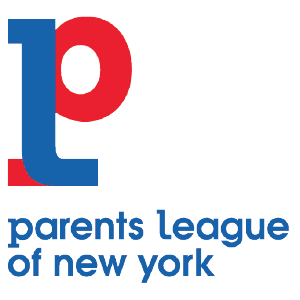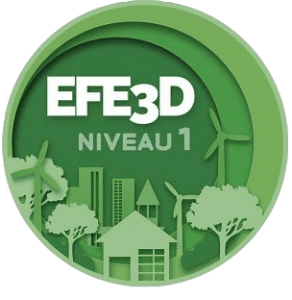Assessment in The IB PYP
Although it is often perceived as a straightforward measurement of what students have learned, assessment in the International Baccalaureate (IB) Primary Year Programmes (PYP) extends beyond simple metrics. Rather, it is the feedback on the learning process. Effective PYP assessment is holistic, integrating a variety of purposeful strategies throughout the learning journey. It is also a collaborative process that involves students, teachers, families, and our community in meaningful ways.
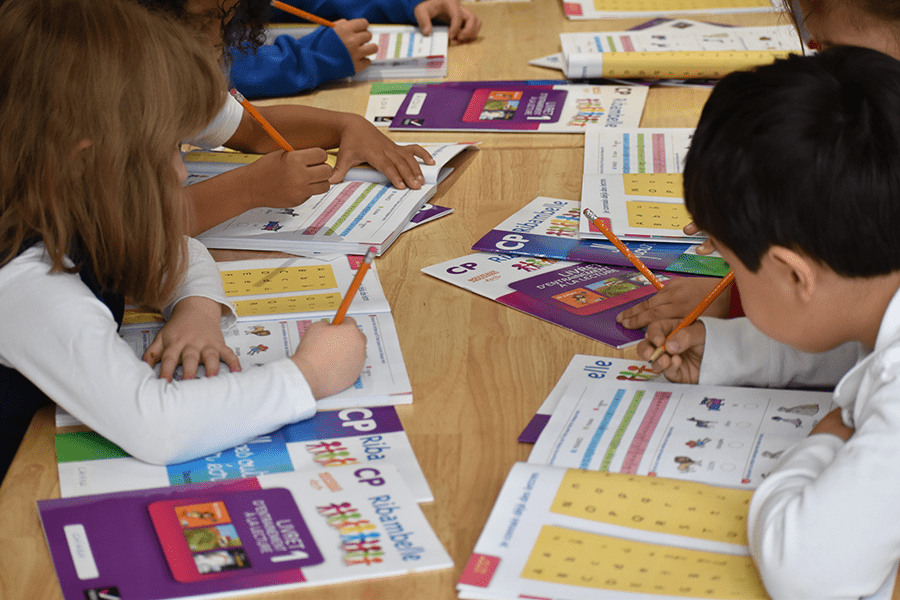
The prime objective of assessment in the PYP is to provide feedback on the learning process.
Why We Assess in IB PYP
From informal check-ins to school-required tests or projects, each assessment contributes differently to the ecosystem of a PYP classroom. At its core, PYP assessment aims to inform teaching and learning.
- For students, assessments allow them to reflect on their progress and therefore adjust their learning pathway to meet their goal. This is also part of their wider development of critical thinking and self-management.
- For teachers, assessments provide valuable insights that inform lesson planning and teaching strategies, enabling them to create an uplifting learning path forward.
- For families, assessment empowers parents with the knowledge of their child’s understanding and needs, supporting them to become active partners in children’s PYP journey and strengthening the school-home connection.
- For school, assessments guide school-wide decisions surrounding resources and curriculum, enhancing teachers and administrators’ collaboration to improve the learning environments.
Understanding the prime objective of assessment brings clarity to teaching and learning, leading to the more actionable strategies as follows.
What and How To Assess in IB PYP
The assessment approach (e.g. policy, processes, and practices) in the PYP is aligned with the program philosophy that inquiry-based learning is central to the curriculum framework. Therefore, the assessment evaluates both the process and products of inquiry, highlighting the Programme’s goal of continuing improvements for learners. In other words, when discussing “assessment,” we are telling the story of learning – where it began, how it evolved, how thinking shifted, and what understandings emerged.
Nevertheless, the question remains: How do we check for student understanding while they are still in the process of learning?
To address this question, the latest PYP report, “PYP: From Principles into Practice (2018),” divides assessment into four dimensions: monitoring, documenting, measuring, and reporting on learning. Rather than being viewed as separate elements, these dimensions are integrated and flow together, reflecting learners’ process and progress in a whole image.
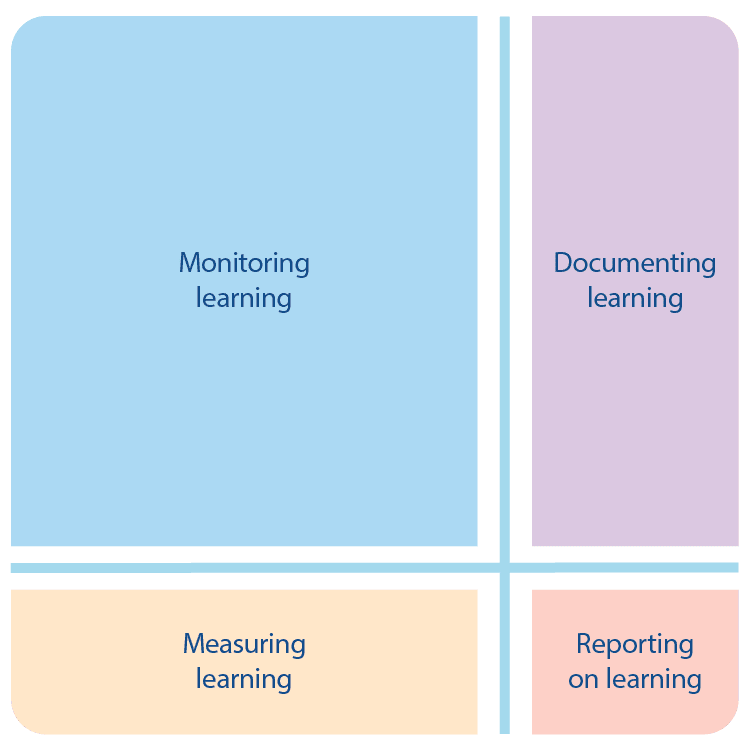
Each dimension has their own importance and value, providing a comprehensive view of students’ learning together.
This outline does not imply that summative assessments – more product-oriented evaluations such as End-of-Unit projects or single test grades – are entirely unimportant. Rather, these assessments are still relevant to students’ learning; they should be seen more as one of the opportunities to assess learning rather than the sole evidence.
Assessment at Tessa
At Tessa International School, we believe in holistically-designed, developmentally appropriate assessments. Our assessments are thoughtfully designed to align with international and local curricula, including the U.S. Common Core Standards, Next Generation Science Standards (NGSS), and the French, Spanish, and Chinese National Curricula.
Our assessments are designed to serve diverse purposes in relation to learning—namely, assessment of, for, and as learning. In other words, assessment is integral to students’ learning journeys, occurring throughout their educational experience in various forms and practices. Teachers employ a rich array of activities, strategies, and assessment artifacts to collect and record evidence on students’ learning. Alongside teacher-devised assessment strategies, standardized tests are selectively incorporated based on subject area and grade level, forming a rich and balanced assessing approach that reflects validity and reliability.
Every trimester, report cards are issued to students from Nursery (PK2) to Elementary School Program (Grade 1 to Grade 5), tailored to document a detailed analysis and feedback of a student’s developmental performance.
“The reports reflect not only academic performance but also personal growth, such as collaboration, creativity, and responsibility, providing a comprehensive picture of each child’s development. ”
– Our Assessment Policy: Report Cards.
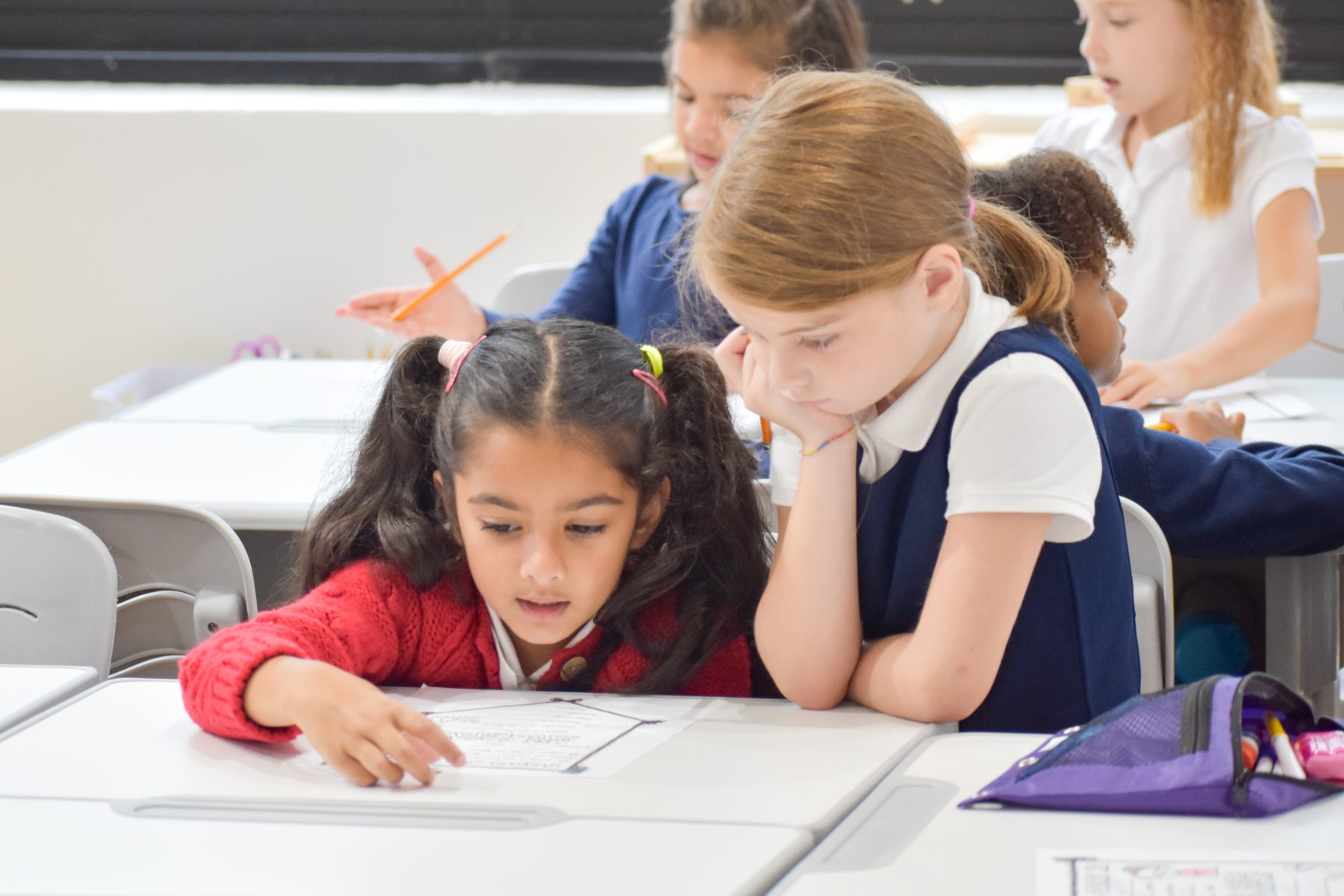
Tessa incorporates a combination of teacher-devised evaluations as well as standardized tests for a valid and balanced assessment approach.
FAQs
Q: What is assessment in IB PYP?
A: According to IBO, the PYP does not offer formal assessment. The prime objective of assessment in the PYP is to provide feedback on the learning process. Additionally, the PYP stresses the importance of students’ self-assessment and reflection.
Q: How does the IB PYP assess students progress and development?
A: PYP assessment focuses on continuous feedback through four dimensions: monitoring, documenting, measuring, and reporting on learning. This underpinned constructivist approach allows students to reflect on their learning and set goals for improvements. A variety of assessment methods can be employed, including formative and summative assessments, to gauge students progress in relation to their learning goals.
Q: What is Tessa’s Assessment Policy?
A: At Tessa International School, we believe in holistically-designed, developmentally appropriate assessments. Our assessment approach aligns with our integrated curriculum, involving the U.S. Common Core Standards, Next Generation Science Standards (NGSS), and the French, Spanish, and Chinese National Curricula. With a consideration of valid, balanced, and reliable assessment evidence to best reflect students’ process and progress, we incorporate a combination of teacher-devised evaluations as well as standardized tests in our assessment practices. You can find more information here.
Are you ready to explore the only international leading private school in Hoboken?
Contact Tessa International School to learn more!




